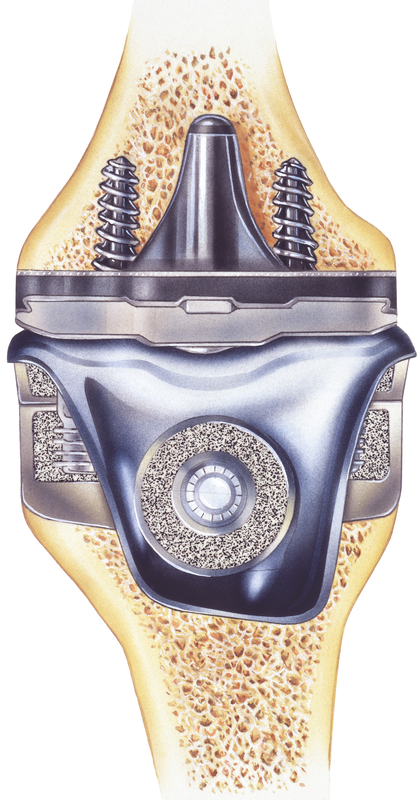About 700,000 knee replacement surgeries are performed each year in the United States. Barely known though, is the fact that nearly one in 200 knee replacement patients dies within 90 days of surgery.
Wouldn’t it be nice if something as mundane as losing weight could be a pleasant alternative to surgery (and rehab)? Obesity can worsen rheumatoid arthritis and increase the risk of gout. But the most common joint disease in the world is osteoarthritis and obesity may be its most modifiable risk factor.
But how does osteoarthritis develop? When the cushioning cartilage binding of joints breaks down faster than the body can build it back up. Knees are the most vulnerable leading to the assumption that obesity causes the excess wear and tear on the joints because of the weight load. However, non-weight-bearing joints like the hands and wrists can also be affected which suggests the link isn’t purely mechanical.
Elevations in the amount of fat, cholesterol, and triglycerides in the blood aggravates inflammation in all the joints (vegans will love hearing that.) Surprisingly, losing just 1 pound a year over the span of a decade may decrease the odds of developing osteoarthritis by more than 50%. And for some patients weight reduction may even remove the need for knee replacement surgery.
In one study within just eight weeks obese osteoarthritis sufferers who had been randomized to lose weight improve their knee function as much as those going through surgery. Researchers concluded that losing around 20 pounds of fat might just be regarded as an alternative to knee replacement.
